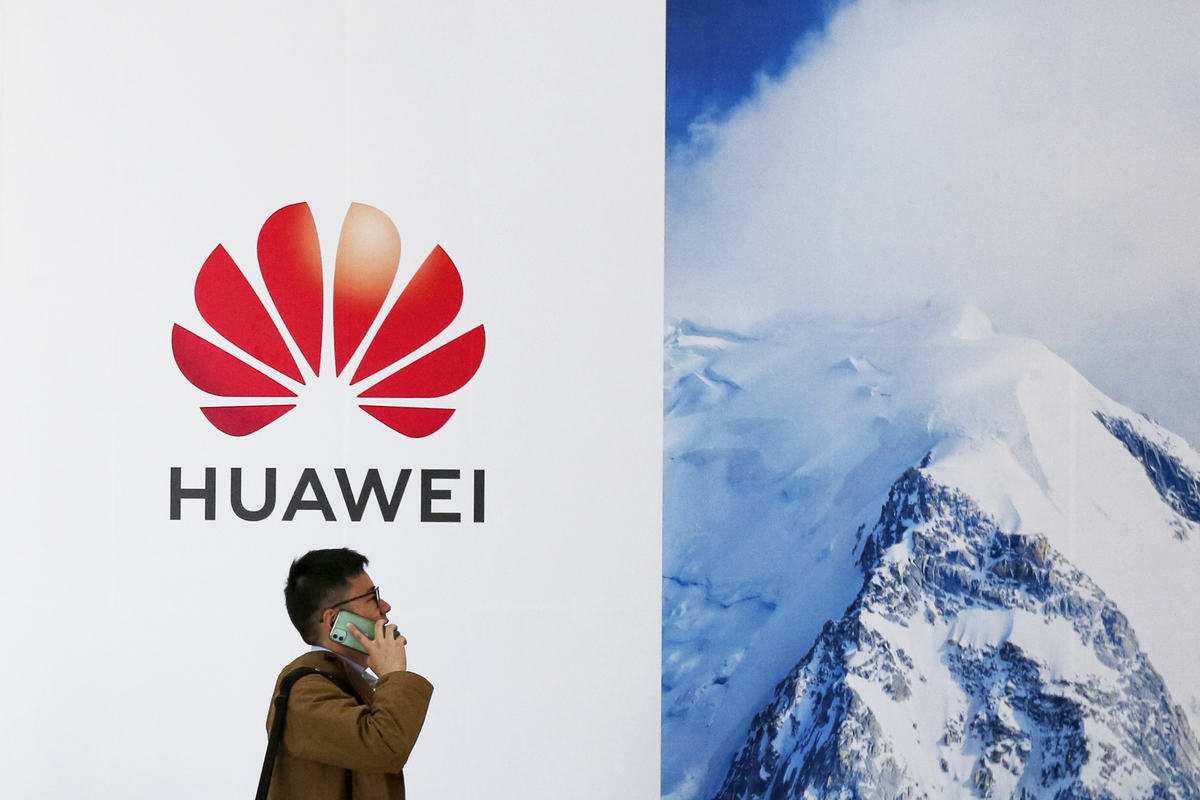Sweden move on Huawei may hurt global 5G implementation plans


Sweden's decision to ban Chinese telecommunications giants Huawei and ZTE from a planned 5G spectrum auction is baseless and detrimental to global technology cooperation and will further delay the deployment of 5G networks in local markets, experts said.
The Swedish Post and Telecom Authority had banned the use of telecom equipment from Huawei and ZTE in its 5G network ahead of the spectrum auction scheduled for Nov 10. It also urged companies taking part in the auction to remove Huawei and ZTE equipment from their existing infrastructure and core functions by January 2025.
"The decision will increase the costs of telecom operators, slow down the rollout of 5G networks in Sweden and finally hamper the interests of local consumers," said Xiang Ligang, director-general of the Information Consumption Alliance, a telecom industry advocacy group, adding it won't be beneficial for cooperation in the global industrial chain.
The prohibition of Chinese telecom gear makers from any involvements in 5G networks in Sweden is totally "groundless" and violates the market principles and fair competition, said Bai Ming, deputy director of international market research at the Chinese Academy of International Trade and Economic Cooperation.
Bai said the decision may also have an adverse impact on the business of Swedish telecom equipment maker Ericsson in China, which has won contracts to supply 5G gear to the country's three major mobile networks and benefited from the rapid growth of the 5G business in the Chinese market.
Moreover, the ban will undoubtedly damage Sweden's trade ties with China, and other Swedish companies in China might pay the price for the biased decision, he said.
Huawei said in a statement it was "surprised and disappointed" to learn about the license conditions for operators' participation in the upcoming auctions.
"Huawei has never caused even the slightest shred of threat to Swedish cybersecurity and never will it do so. Excluding Huawei will not make Swedish 5G networks any more secure. Rather, competition and innovation will be severely hindered," the company said.
Sweden's decision followed the United Kingdom, which prohibited Huawei from its 5G network in July, hoping to completely eliminate the company from its system by 2027.
Zhao Junjie, a researcher in European studies at the Chinese Academy of Social Sciences, said the ban would leave network operators with limited options and increase local consumers' expenditure on 5G services.
He said in the past few years, Chinese tech companies have actively bolstered bilateral economic and trade cooperation between China and Sweden, and made positive contributions to infrastructure creation in Sweden.
The European Competitive Telecommunications Association said "it denounced any bans of Chinese 5G suppliers for geopolitical reasons and emphasized that such decisions can only be justified on the basis of well-established facts", according to a statement released on its official website.
It warned against the adverse consequences that the elimination of specific suppliers will have on consumer and business interests, and on the cohesion of the internal market. In addition, the ban will not only delay the deployment of 5G networks and constrain innovation potential, but also have important wider socioeconomic consequences, said the ECTA.
The ECTA is the Pan-European pro-competitive trade association that represents more than 100 of the leading challenger telecoms operators and digital solutions providers across Europe.




































